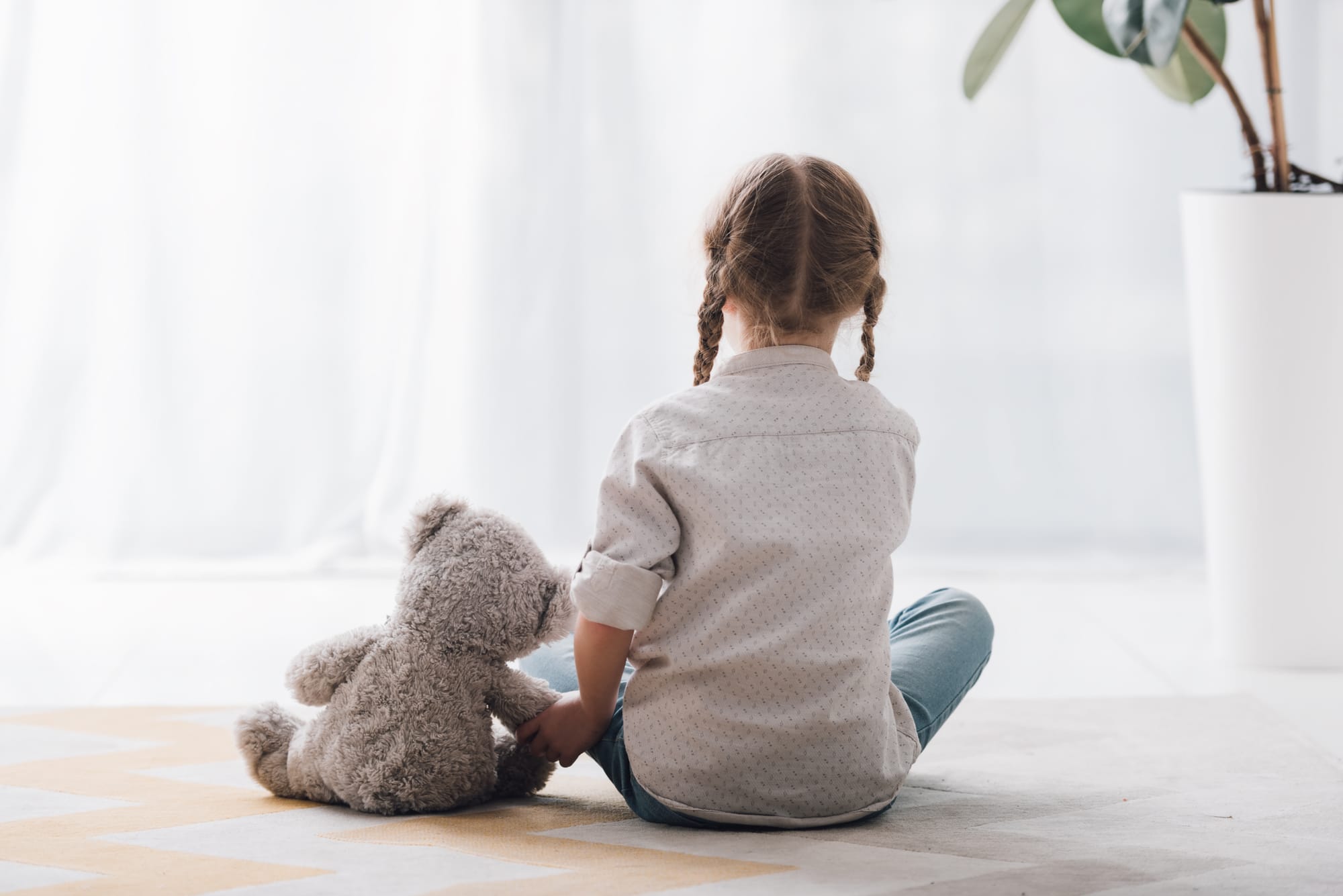Car accidents are traumatic events that can have lasting effects on everyone involved, including children. They are usually sudden, loud, and terrifying for all parties.

While physical injuries are often the primary focus after a serious car accident, the psychological toll on children’s mental health is often overlooked. In this article, we’ll explore the profound impact of car accidents on children’s mental well-being and discuss strategies for supporting them through the healing process.
Understanding Childhood Trauma
Childhood trauma can result from various experiences, including accidents, abuse, or natural disasters. Car accidents, in particular, can be deeply traumatic for children, as they may experience fear, helplessness, and confusion during and after the event. The sudden and unexpected nature of car accidents can shatter a child’s sense of safety and security, leading to long-term emotional consequences. This is only exacerbated if someone was injured or killed in the crash.
Psychological Effects of Car Accidents on Children
One of the most common psychological effects of car accidents on children is Post-Traumatic Stress Disorder (PTSD). Children who experience PTSD may exhibit symptoms such as nightmares, flashbacks, and avoidance of reminders of the accident. Additionally, many children may develop anxiety and fear related to riding in cars or being near traffic. These emotional responses can interfere with their daily functioning and overall quality of life.
Long-Term Consequences of Childhood Trauma
The effects of childhood trauma from car accidents can extend far beyond the immediate aftermath. Children may experience academic difficulties, such as trouble concentrating in school or falling behind in their studies, due to the lingering effects of trauma on their cognitive functioning. Social withdrawal is also common among children who have experienced car accidents, as they may struggle to trust others or feel disconnected from their peers. Furthermore, behavioral problems, such as aggression or defiance, may arise as children attempt to cope with unresolved trauma.
Coping Strategies for Children and Parents
It’s essential for children and parents to have access to appropriate support and resources to cope with the psychological effects of car accidents. Seeking professional help from therapists or counselors trained in trauma-focused therapy can provide children with the tools they need to process their emotions and develop healthy coping strategies. Parents can play a crucial role in supporting their children by creating a safe and supportive environment where they feel comfortable expressing their feelings. Open communication and validation of their experiences can help children feel understood and supported as they navigate their recovery.
Creating a Supportive Environment
Schools and communities can also play a significant role in supporting children affected by car accidents. Teachers and school counselors should be trained to recognize the signs of trauma in children and provide appropriate support and referrals for mental health services. Peer support networks can also be valuable for children, as they can connect with others who have had similar experiences and feel less alone in their struggles. Additionally, families should prioritize building strong support systems and fostering resilience in children to help them navigate the challenges of recovery.
Preventative Measures and Advocacy
While it’s impossible to eliminate all car accidents, there are steps that can be taken to reduce the risk and severity of injuries. Proper car seat installation and usage are crucial for protecting children in the event of a car accident, so parents should ensure they are following recommended safety guidelines. Communities can also advocate for safer roads and traffic laws to protect children and prevent accidents from occurring. Additionally, adopting trauma-informed policies and practices in healthcare and education can help ensure that children receive the support and resources they need to heal from car accidents and other traumatic experiences.
Car accidents can have a profound impact on children’s mental health, leading to a range of emotional and psychological challenges that can persist long after the physical injuries have healed. By understanding the unique needs of children affected by car accidents and providing them with appropriate support and resources, we can help them heal and thrive in the aftermath of trauma. It’s essential for parents, schools, and communities to work together to create a supportive environment where children feel safe, understood, and empowered to overcome the challenges they face.
